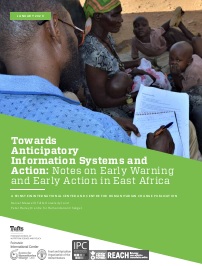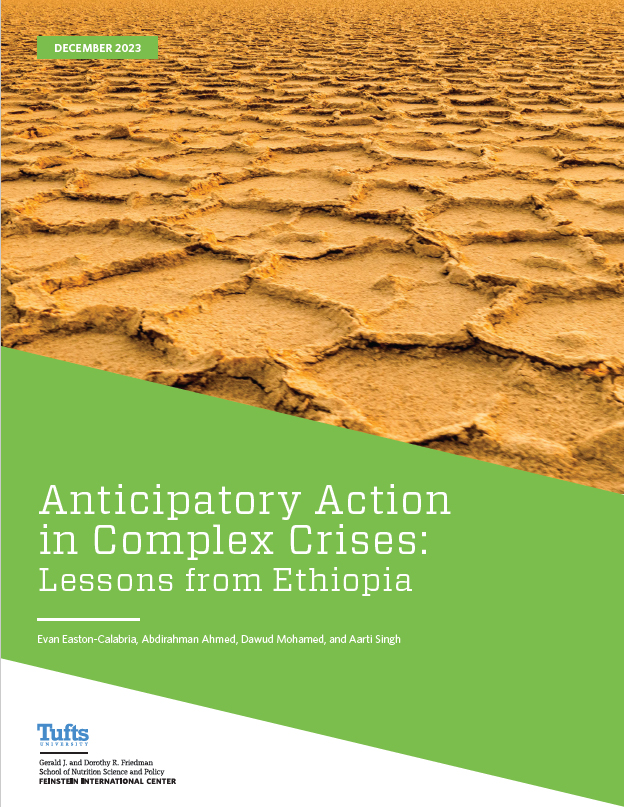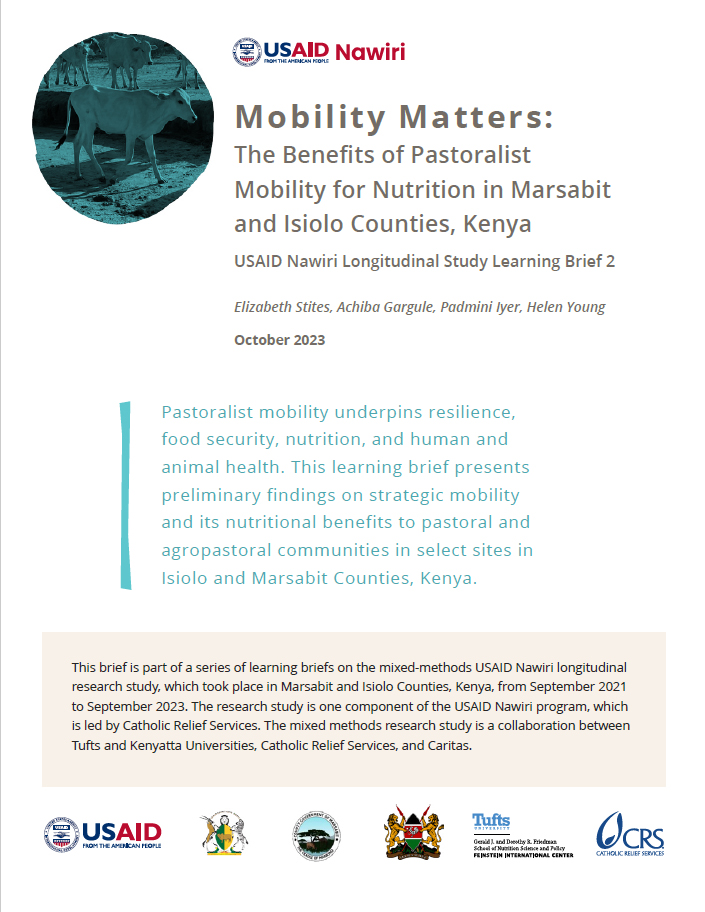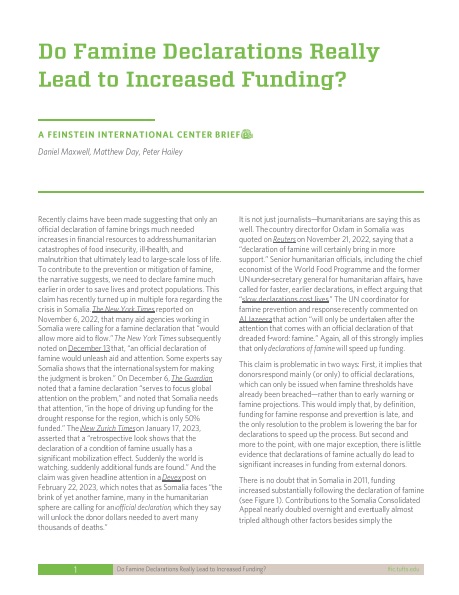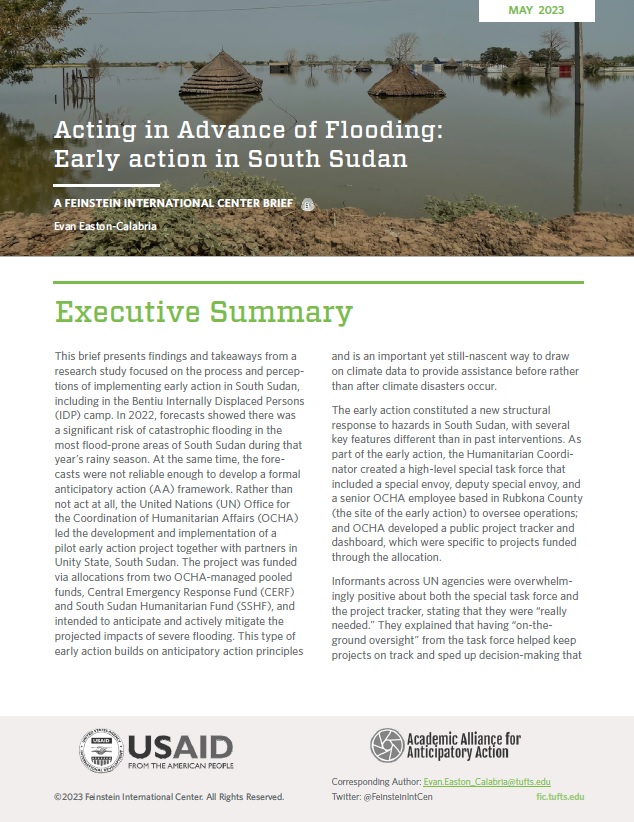Despite humanitarian information being more available than ever, confusion persists as to what the information means, how to analyze it and turn it into actionable evidence, and how to ensure that evidence-based actions are actually undertaken on a timely basis. The key points of confusion and issues include:
- The difference between current status information, projections of populations in need, and early warning of threats or hazards.
- The difference between “hard” numbers (implying things that have already happened and can be counted) versus probabilistic information (implying things that are likely, but not certain, to happen).
- Linkages, or the lack thereof, between information systems and policy or programmatic action to anticipate, mitigate, or respond to a shock or worsening situation.
- Despite the fact that conflict is the most common factor driving extreme humanitarian crises, conflict analysis is the weakest part of early warning and information systems.
- The information systems do not (or minimally) engage with the communities at risk of shocks or resulting humanitarian crises.
This paper reviews these and a number of additional issues with contemporary humanitarian information and early warning systems. While the cases focus on the East Africa region, they have broader implications as well.

